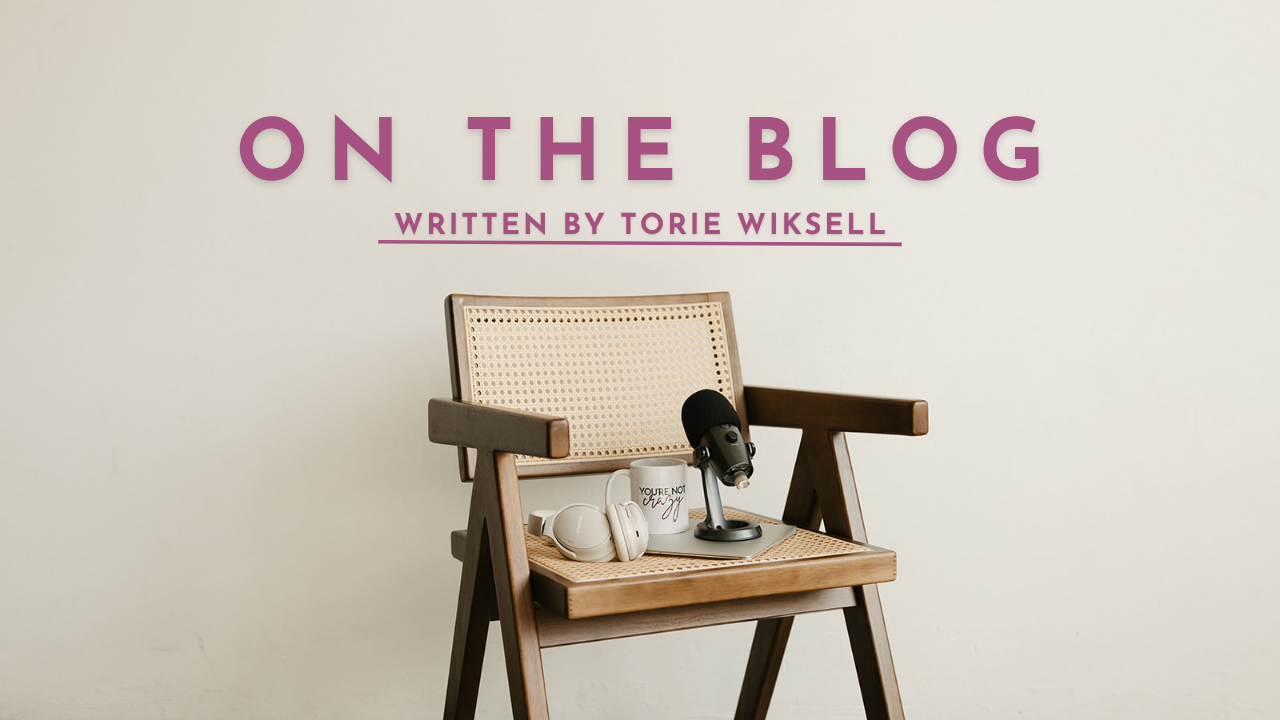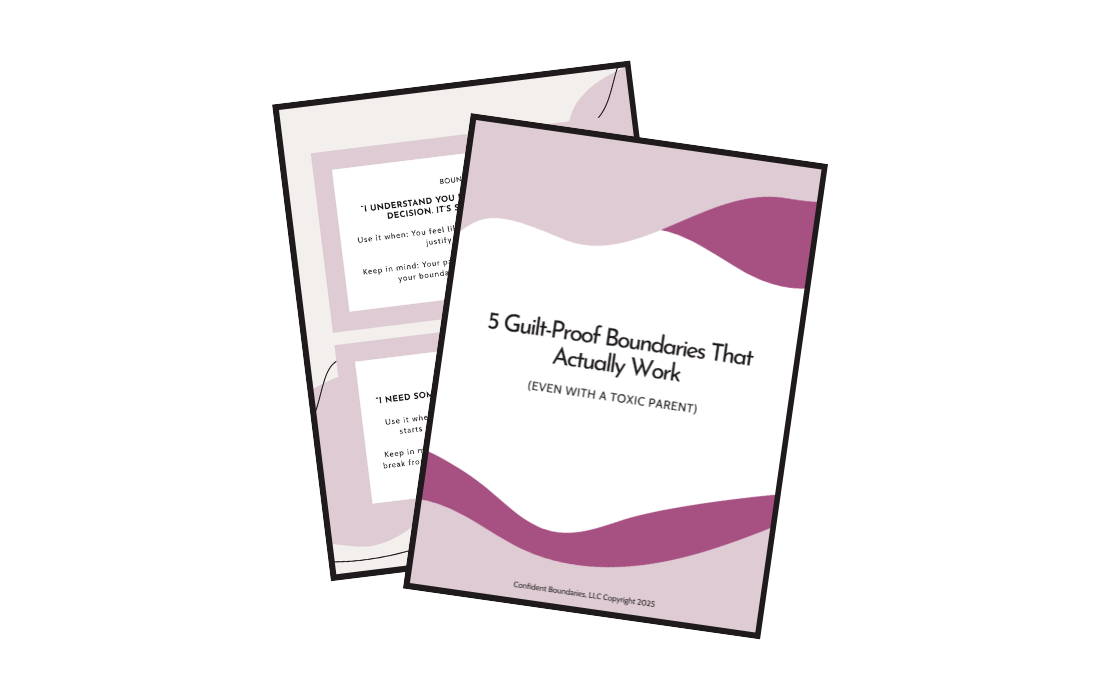
I Don’t Believe Parents Who Claim to be “Blindsided” When Their Child Goes No-Contact
If you’ve made the decision to go no-contact with a parent who has borderline or narcissistic personality disorder, I don’t need to tell you how excruciating it is. You didn’t wake up one day and casually cut off your parent. You likely spent years agonizing over it.
You tried everything—setting boundaries, communicating your needs, going to therapy, reading all the books, hoping things would change.
And then?
You hit your limit.
You chose to stop subjecting yourself to the same pain, over and over again.
So when your parent turns around and says they were “completely blindsided,” I’ll be honest with you:
I don’t believe them.
And I say that with deep compassion—for you.
No-Contact Is Never the First Choice
Let’s be real: no-contact isn’t some dramatic mic-drop move. It’s not revenge. It’s not punishment. It’s the decision people make when every other option has failed.
You probably started by pulling back, keeping things surface-level, trying to protect your peace without completely walking away. Maybe you tried one more heartfelt conversation, one more boundary, one more plea to just please take accountability.
But the pushback, the gaslighting, the guilt-tripping—it kept coming.
And so, eventually, you chose self-preservation.
If your parent truly didn’t see it coming, it’s likely because they refused to.
The “Blindsided” Narrative Doesn’t Hold Up
When a parent says they’re blindsided, what they usually mean is:
They didn’t take you seriously.
They heard you say you were hurt, but they brushed it off.
They noticed you pulling away, but blamed everyone but themselves- your partner, your job, your therapist.
They saw your boundaries and steamrolled them.
For emotionally immature parents, especially those with BPD or narcissistic traits, it’s easier to paint themselves as the victim than to sit with the possibility that they played a role in losing the relationship.
Social Media Only Reinforces Their Denial
Let’s talk about the echo chamber:
There are entire online communities where estranged parents gather to vent, and—surprise—they all validate each other’s stories.
They say things like:
-
“Kids today are just too sensitive.”
-
“My therapist-brainwashed daughter cut me off out of nowhere.”
-
“I was the best parent I could be. She’ll regret this one day.”
And just like that, the narrative becomes: My child is cruel. I did nothing wrong. Which gives them an out. They don't need to self-reflect. There's no reason to work on anything. They've painted themselves as the victim of circumstance.
And when a parent chooses this road after a child goes no-contact, I think to myself, "Going no-contact was absolutely the right decision for their child."
You’re Not Cruel—You’re a Cycle Breaker
If you’ve gone no-contact, it’s not because you didn’t try hard enough.
It’s because you tried for years—and it was destroying you.
Being a cycle breaker means looking around at the dysfunction you were raised in and saying, No more.
It means refusing to keep performing the “loyal daughter” role at the expense of your sanity.
It means choosing healing, even when it means losing people who don’t want to meet you in that healing.
And that’s not cruel.
That’s courageous.
Let’s Clear This Up: No Therapist “Convinced” You of Anything
If your parent has ever blamed your therapist for the no-contact decision, roll your eyes with me for a second.
Therapists don’t convince people to cut off their parents. They don’t plant ideas or manipulate clients into going no-contact. If anything, I've seen more of the opposite. Therapists erroneously warning clients of the potential for a doomed future if they decide to go no-contact.
This Isn’t About Blame—It’s About Boundaries
No-contact isn’t about blaming your parent for every hard thing in your life.
It’s about acknowledging that—regardless of intent or backstory—the relationship is not emotionally safe for you.
It’s not about being cold.
It’s not about holding a grudge.
It’s about drawing a line and saying, I can’t keep doing this. It’s hurting me.
And even if your parent doesn’t understand that, you still get to choose it.
If I Could Say One Thing to Parents Who Feel “Blindsided”...
If these parents were capable of hearing it—and I know that’s a big if—here’s what I’d want them to understand:
Your child didn’t want this.
They stayed longer than they should have.
They tolerated more than they should have.
They gave you chances. They asked for change. They were willing to work on the relationship.
But you weren’t.
And eventually, they realized that staying meant choosing to subject themselves to ongoing pain and trauma.
So they left. Not to punish you. But because it felt like a last resort in order to survive.
Moving Forward (Even When It Hurts)
Going no-contact is not the “easy way out.”
It’s one of the hardest, most emotionally loaded decisions someone can make—especially when they’re dealing with guilt, grief, and years of emotional manipulation.
But just because it hurts doesn’t mean it was wrong.
If you’re sitting with that pain, I want you to know:
-
You’re allowed to grieve the parent you wish you had
-
You’re allowed to feel sad and certain
-
You’re allowed to feel peace and loss
-
You’re allowed to protect yourself—even when it upsets other people
You are not the problem.
You are the one doing the hard, unglamorous, necessary work of healing.
And that’s something to be immensely proud of.
You’re Not Crazy.
But you might have been gaslit by your parents.
Learn how to recognize the signs—and start rebuilding trust in yourself.
I hate SPAM. I will never sell your information, for any reason.



